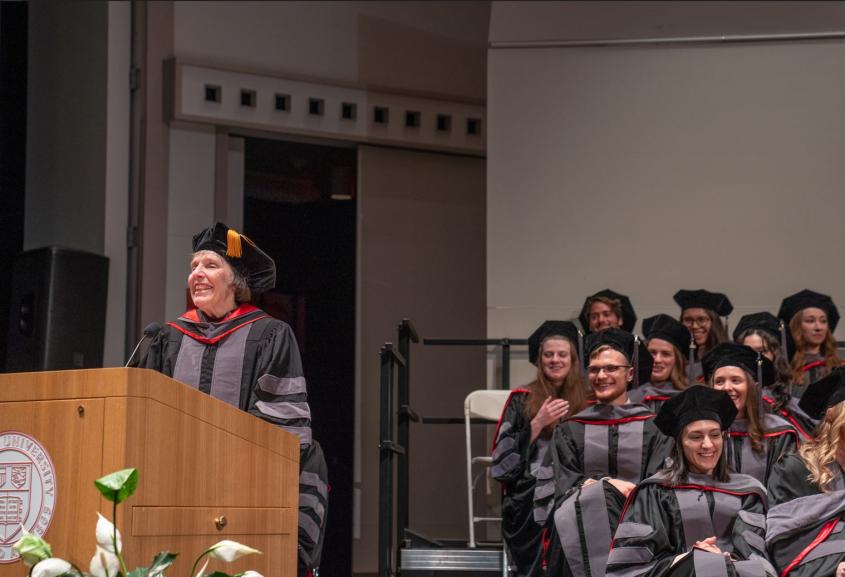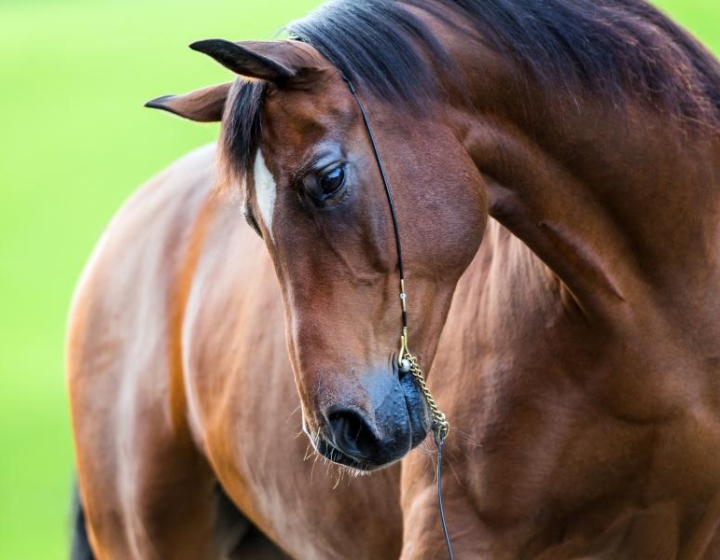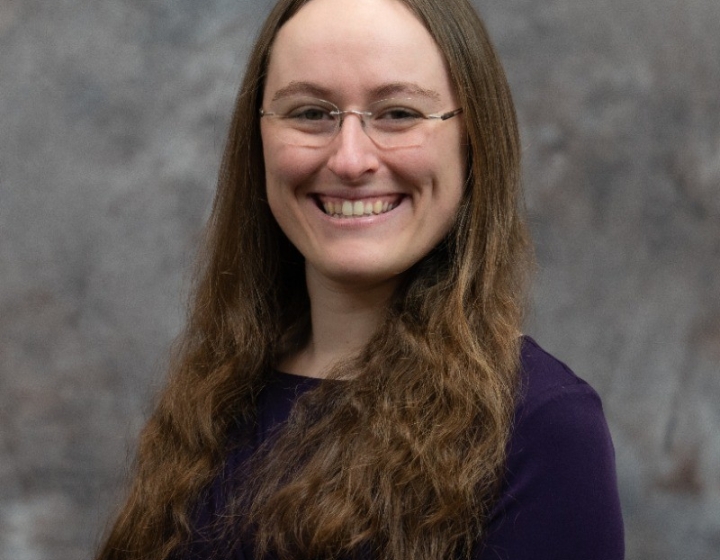Mary Smith ’69, D.V.M. ’72, receives inaugural Dr. Alexander de Lahunta Teaching award
The Cornell University College of Veterinary Medicine (CVM) has created its first internal teaching award, the CVM Dr. Alexander de Lahunta Teaching award, named in recognition of de Lahunta’s inspiring devotion to teaching; Mary Smith ’69, D.V.M. ’72, professor of ambulatory and production medicine in the Department of Population Medicine and Diagnostic Sciences, is the inaugural awardee. As part of the honor, Smith gave the Charge to the Class of 2023 at the college’s hooding ceremony on May 26.
This new award is the first of its kind established by the college in which awardees are nominated and selected solely by CVM students. “We wanted this recognition to come from the people who are impacted the most by the awardee’s teaching,” says Jai Sweet, Ph.D. '96, assistant dean of veterinary student services and admissions.
With the creation of the teaching award in Dr. D’s honor, the college looks to recognize the deep impact instructors have on the student experience. “Cornell is known for our faculty and our curriculum,” says Dr. Susan Fubini, senior associate dean for academic affairs. “Everything, from the problem-based-learning and tutor groups, to the hands-on teaching in the clinical setting, relies on the instructor’s dedicated mentorship of students. It’s such a vital part of our institution, and we’re proud to be able to recognize that work.”
Veterinary students from all class years selected nominees, and fourth-year class members made the final selection for the award.
“When we students were approached about this idea, people were really excited to have a role in choosing who speaks at our hooding,” says Paige Farrar, D.V.M.’23. “Participation was really high — ninety percent of students voted. People clearly care about this. With Dr. Smith’s long history of teaching at Cornell, it’s very fitting that she should be the first one to win this award.”

Smith has been teaching veterinary medicine for 51 years. “I feel very honored and also encouraged by this recognition, as my career has been mostly based on clinics and teaching rather than research,” she notes. Her teaching activities include mentoring fourth-year students in the ambulatory rotation, teaching in the core curriculum, leading the senior seminar course, organizing the food animal welfare and alternative medicine courses, as well as teaching the sheep and goat medicine, poisonous plants and camelid distribution courses.
“In concert with her teaching excellence, Smith is a world-renowned ambulatory veterinarian, which makes her instruction all the more impactful,” says Sweet.
“As a teacher, I get to share both the knowledge gained and the excitement and fulfillment brought by my own learning with subsequent generations of veterinarians,” says Smith. “Perhaps the emphasis I put on something will help others to solve a problem or my enthusiasm will encourage them to broaden their own careers.”
Smith’s balance of practice and mentorship is exemplified in the award’s namesake — CVM faculty member, Alexander de Lahunta, D.V.M. '58, Ph.D. '63, known widely as “Dr. D,” who passed away in 2021. De Lahunta began his teaching career in 1960 at Cornell, going from an instructor of anatomy during his Ph.D. studies to later ascend to full professor in 1973 and James Law Professor in 1992, going on to serve as director of the Veterinary Medicine Teaching Hospital and as chair of the Department of Clinical Sciences and later chair of the Department of Anatomy.

As an instructor, de Lahunta taught Introductory Anatomy and Embryology courses to the incoming first-year students each year, which allowed him to get to know every student in the class. “To our knowledge,” says Dr. Maurice “Pete” White ’75, professor emeritus of Population Medicine and Diagnostic Sciences, “he never took a sabbatical or accepted a speaking engagement during any academic semester. Every veterinary student during his time on the faculty was taught and known by Dr. D."
He also taught Neuroanatomy and Clinical Neurology, combined lectures, movies, videos, live animals, slides, necropsy specimens, and blackboard drawings, to produce a deep knowledge of neurology. De Lahunta’s “neuro rounds,” in which he presented neurological cases, were a Cornell tradition. They were always widely attended, educational, and challenging, especially since species from dogs to snakes to elephants were presented. “He conducted these rounds with precision, and each show had a flair of entertainment, often enhanced by interchanges between Dr. D and his esteemed and brilliant colleague, the late Dr. John Cummings,” says White. He also administered one-on-one, practical or oral examinations so that he could better know each student and evaluate the application of their knowledge.
“The criteria by which teachers can be evaluated include knowledge of subject, organization, enthusiasm, and respect for students,” says White. “We never saw a teacher who surpassed him in any of them.”
-Written by Lauren Cahoon Roberts





